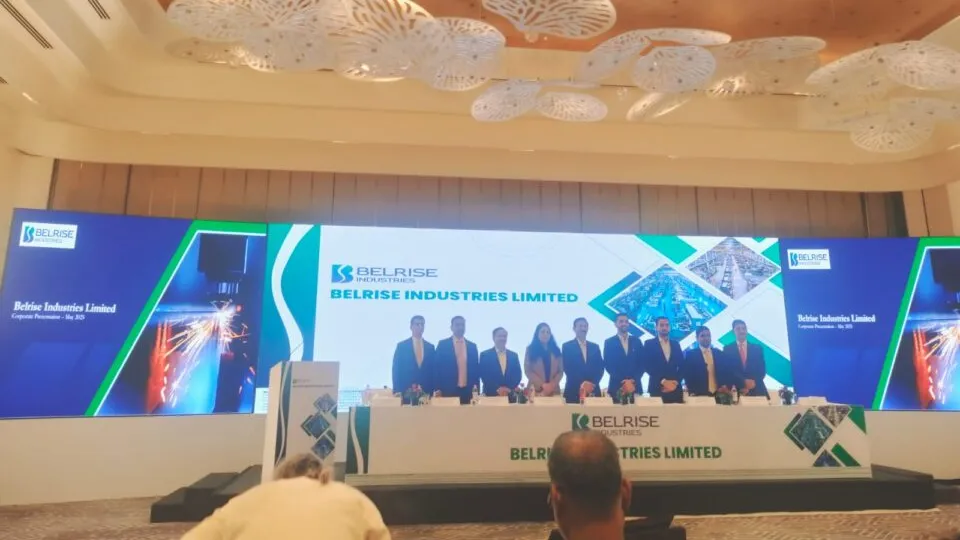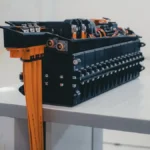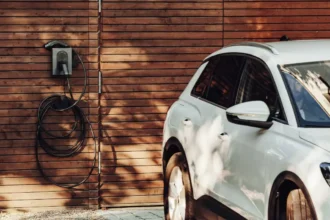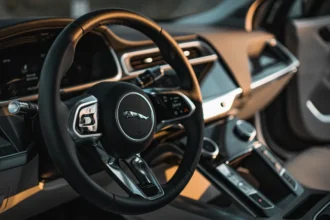Indian Auto Parts Maker Belrise Moves Into Electric Vehicle Technology
India’s roads are changing fast as more electric vehicles appear each year. Now, one of India’s biggest auto parts makers is making a bold move to be part of this electric revolution. Belrise Industries Ltd, which currently makes mechanical components for traditional vehicles, is expanding into electric vehicle parts manufacturing. According to EVIndia, the company is setting up three new factories, including a special facility for electric hub motors in Pune.
What Are Hub Motors and Why Do They Matter?
Hub motors are special electric motors that fit directly inside the wheel of an electric vehicle, eliminating the need for many traditional parts like gearboxes and driveshafts. This makes vehicles simpler and lighter. A senior Belrise executive explained: “The hub motor is a substantial part of the EV powertrain. It represents the next leap for us—moving beyond mechanical systems into electromechanical.”
This change is significant because it shows how Belrise is transforming from making basic mechanical parts to creating sophisticated electronic components. Think of it like moving from making bicycle pedals to building electric bicycle motors – it requires completely different skills and technology.
Learning From China Instead of Starting From Scratch
Belrise has signed an agreement with a Chinese hub motor manufacturer to get their technology and know-how. The company executive explained why: “We didn’t want to start from scratch. By partnering with a successful Chinese hub motor company, we can leapfrog into this space and indigenize the technology for Indian markets.”
“Indigenizing” means adapting the technology to work well in India – considering things like local road conditions, extreme temperatures, and cost requirements. This approach saves years of development time and reduces risks.
Three New Factories Across India
Belrise is building three new manufacturing facilities as part of this growth plan:
- Two factories in Chennai that will make metal components for vehicles, building on their existing expertise but with new advanced capabilities
- One specialized facility in Pune focused on making electric hub motors, which will start operating in the first quarter of the 2025-2026 financial year (April-June 2026), bringing new technology to India
The company already has 17 production sites across India and exports parts to countries including Thailand, Japan, Slovakia, Austria, and the United Kingdom. They supply 29 major vehicle manufacturers including Jaguar Land Rover, Royal Enfield, and Bajaj Auto.
Financial Strength Behind the Expansion
To fund this ambitious growth, Belrise is preparing for a ₹2,150-crore IPO (Initial Public Offering) scheduled for May 21, 2025. An IPO is when a company first sells shares to the public.
The company has set its share price between ₹85 and ₹90, with a face value of ₹5. Their financial performance is already impressive, with an EBITDA margin of 12.54% in FY24 (which means they keep about 12.5% of their revenue as profit before certain expenses).
| Current EV Content | Target EV Content |
|---|---|
| 10-15% of their business currently involves making parts for electric two-wheelers, showing they’re already participating in the EV market | 20-25% is their new target, which means they plan to double their involvement in the electric vehicle sector, representing a major strategic shift |
Step-by-Step Plan to Grow in the EV Market
According to reports from autocarpro, Belrise has a clear timeline for increasing its electric vehicle business. The company is expanding beyond basic parts into three key EV technologies: motors, motor controllers, and chargers.
The new Pune facility will begin producing both hub motors and chargers in early 2026. Belrise is also considering forming partnerships with leading EV component makers to reach its targets faster.
This strategic expansion shows how traditional auto parts companies are adapting to survive as the industry changes. By moving into electric components, Belrise is positioning itself for the future while using its existing relationships with major vehicle manufacturers.
What This Means for India’s EV Future
When local companies like Belrise start making advanced EV components in India, it could help reduce costs for electric vehicles and make them more affordable for Indian consumers. This development might be one small step toward making electric transportation more common on Indian roads.











